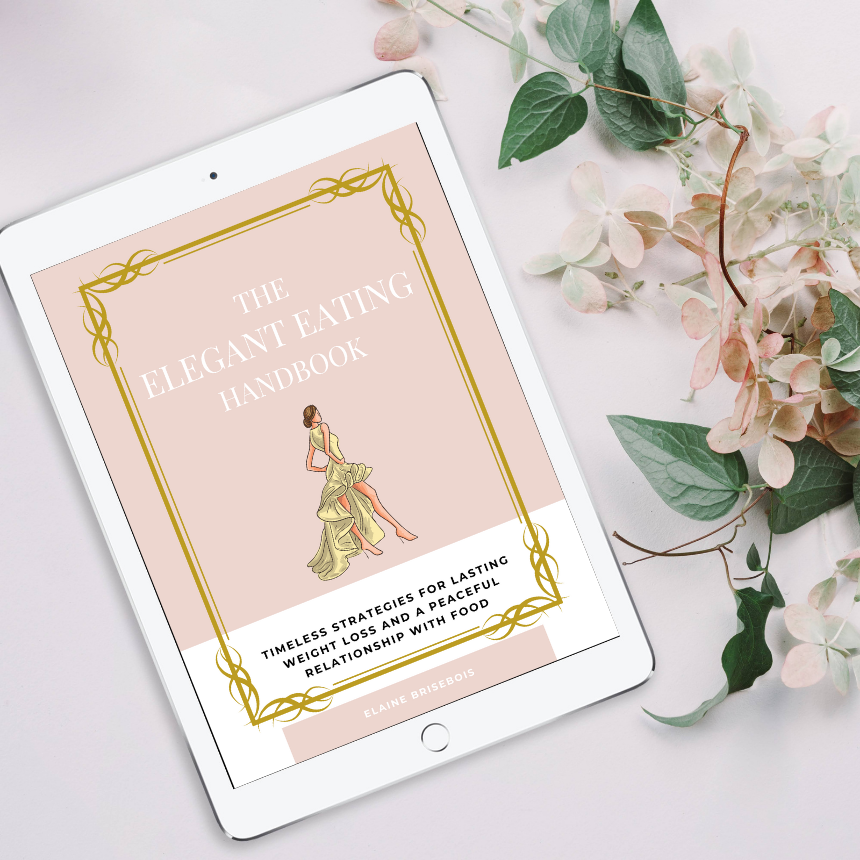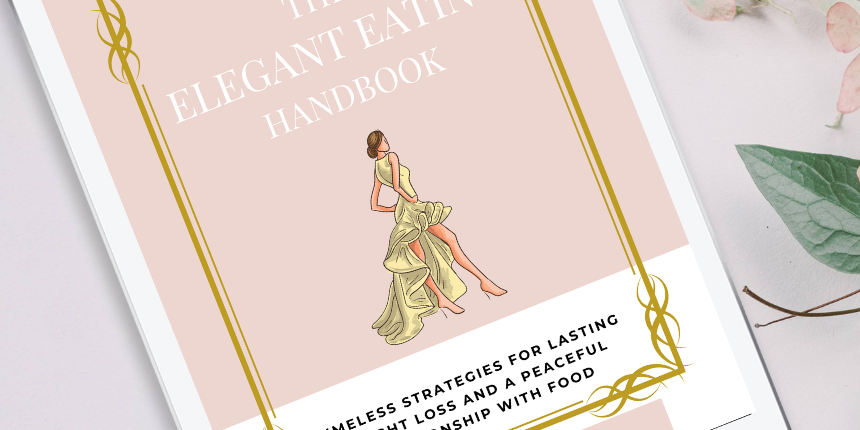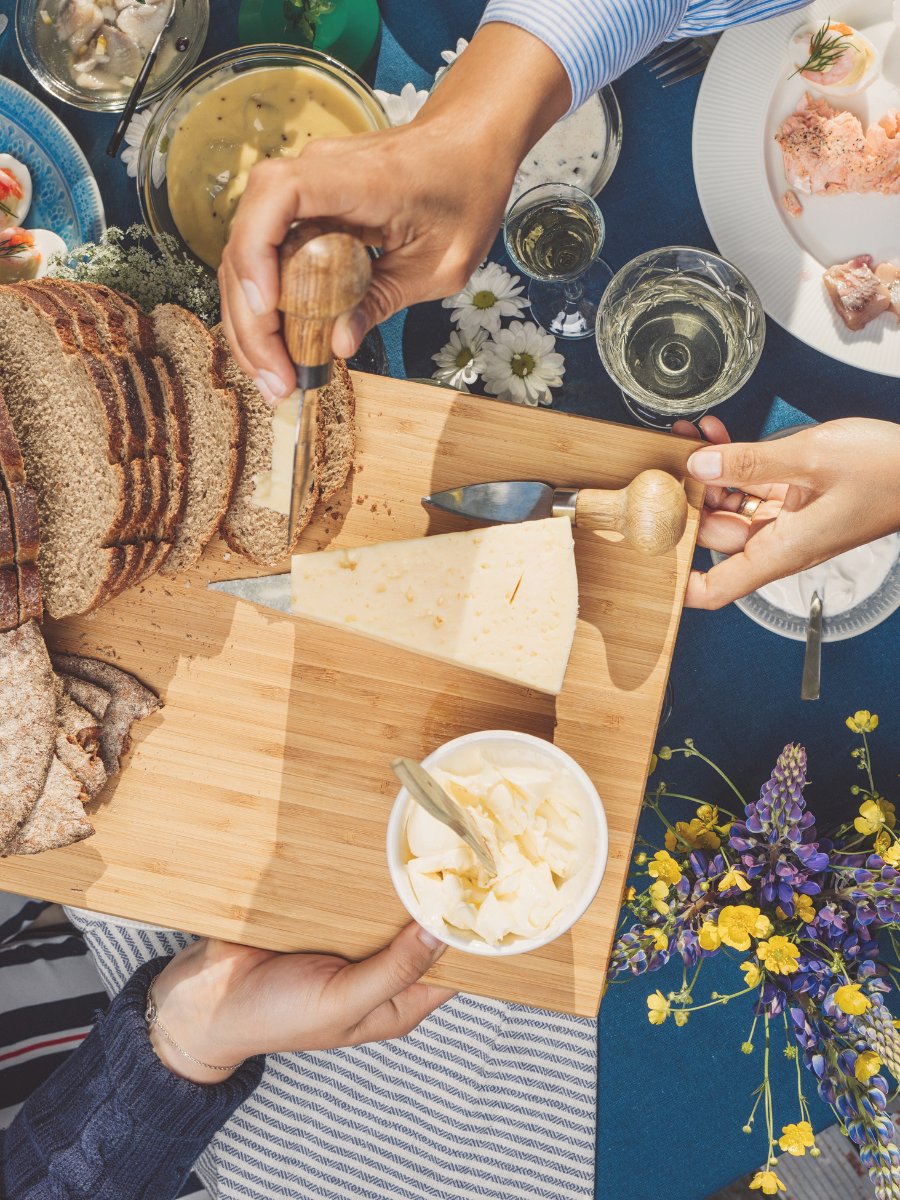You’re a health enthusiast.
You have a love for all things whole, natural and pure.
You’re hip to quinoa, chia and kale, and can make a mean green smoothie.
Generally speaking you feel pretty good, well, better than you did before at least.
There’s only one thing. The scale hasn’t budged in months and you’re feeling a little thick around the waistline, in spite of all your healthy ways.
You’re doing everything right. Or so you thought. So what gives?
Sound familiar?
If so, I can completely relate with you. In fact, I struggled with this myself for quite some time, and it’s something that I see many of my clients (and contemporaries) struggling with too. Regardless of living “the healthy life” they are frustrated with battling those last 10-15 pounds and feel destined to a life of being just a little bit heavier than they are comfortable with.
If you feel you can relate then I’d like you to contemplate what I’m about to share with you and how it relates to what you’re currently doing. Considering you’re a health enthusiast I’m going to step out on the line and assume you’ve already given up the Doritos and greasy fast food and that you’ve taken the steps to eliminate at least most of the junk from your diet.
Speaking strictly from a dietary perspective here are a few of the most common mistakes I see with my clients who are struggling to lose weight.
1. Falling Prey to the Health Food Trap
If it came from Whole Foods (or some other health food store) it must make it an optimal choice that gives me free rein to eat it in unlimited quantities, right? Sorry – not quite! The same can be said for anything labeled gluten-free, organic, vegan, high in fibre, or natural. You still have to put on your detective hat and read ingredients to find out what’s hiding inside. For example, packaged cookies or crackers made with organic white flour (usually labelled “wheat flour” just to confuse people) are still cookies or crackers made with white flour at the end of the day, regardless of how the wheat was grown.
On the other hand, there are the must-have foods touted by every nutritionist and health expert such as raw nuts and seeds, oils like coconut and flax, and high-quality grains like quinoa and buckwheat. The problem lies in the mentality that if a little is okay then a lot must be even better. Even these higher quality foods when eaten with reckless abandon will hold you back from losing weight – especially the more subtle weight (i.e.those last 10 pounds).
2. Feeding the “Yeast Monster”
A natural resident of our internal terrain, yeast is an opportunistic organism that only causes problems when the delicate microbial balance has been disturbed by factors such as medications, poor diet and environmental stressors. Most people don’t realize that an overgrowth of yeast can be the cause of their bloating, digestive upsets, skin problems, sugar cravings, and even inability to lose weight.
Unfortunately, since all sugars and starches feed yeast, if you suspect it to be an issue you’ll want to greatly limit even the healthiest ones in order to stop feeding the “yeast monster” it has become. These include most whole grains (although higher quality ones like quinoa, millet and buckwheat are usually safe to consume in small amounts), natural sweeteners like dates, raw honey and agave that are often hidden in many “health food” products, and even (gasp) fruit – at least until your body is clean enough for it.
The severity of the condition will determine the extent to which you need to eliminate these foods. Oftentimes people make great progress by taking a yeast-conscious approach to their diet. Meaning that as long as they make the effort to drastically reduce their intake of these types of foods, they can still make great strides by leaving certain ones in if it enables them to sustain the diet over the long-run.
I’ve said it before and I’ll say it again. Now’s the time to make friends with stevia – a natural plant extract that will go a long way for dressing up salads, sweetening beverages, and making sugar-free treats!
3. Eating Too Much & Too Often
A common theme I see among my clients, especially the ones who are gym-members, is that somewhere along the line they were told (oftentimes by their trainer or some other well-intentioned source) that in order to “boost” their metabolism it’s required they eat 5-6 small meals per day or eat every couple of hours. This one irks me just a bit.
To be clear, I’m all for healthy snacking and feeding your body if you’re actually hungry or have a high activity output (i.e. an athlete vs. sitting behind a desk all day). It’s just that there’s so much emphasis in the health world about making sure we get enough food, nutrients, protein, vitamins, superfoods, etc, yet the problem (at least in our society) is rarely one of lack but one of over abundance. We eat too much! And to take it a step further, oftentimes when I ask my client what they’ve been consuming, it turns out to be a lot of dense food in the form of grain, flour-products, and heavy nut & seed concoctions, and includes very little of the water-containing variety (i.e.vegetables).
Your metabolism relates to how well your body digests food, assimilates and absorbs nutrients, and eliminates waste. If you’re constantly eating all day-long without giving your body a break between meals you’re actually slowing down your digestion because the last meal hasn’t yet left the stomach before you’re throwing the next meal or snack into the mix. Now your body has to work harder producing even more digestive enzymes to deal with the mess. And that’s not even to mention whether there’s been a nod to proper food combining!
The bottom line – give your body a rest from digestion so that it can reserve its energy for other important tasks such as transforming the health of your cells, tissues and organs which will aid in your efforts to lose weight.
Also remember, when it comes to weight-loss it’s always best to make health your focus rather than obsessing over the number on the scale.
All love,
Elaine

Hi! I’m Elaine, a Certified Nutritionist and Master Certified Health Coach. I support women in achieving their health and body goals while prioritizing a peaceful and balanced relationship with food.

Get a free copy of my handbook!
The Elegant Eating Handbook: Timeless Strategies for Lasting Weight Loss and a Peaceful Relationship with Food.
share with friends
keep reading...






[…] sugar feeds yeast – even the natural ones found in fruit. I wrote more about this here and […]